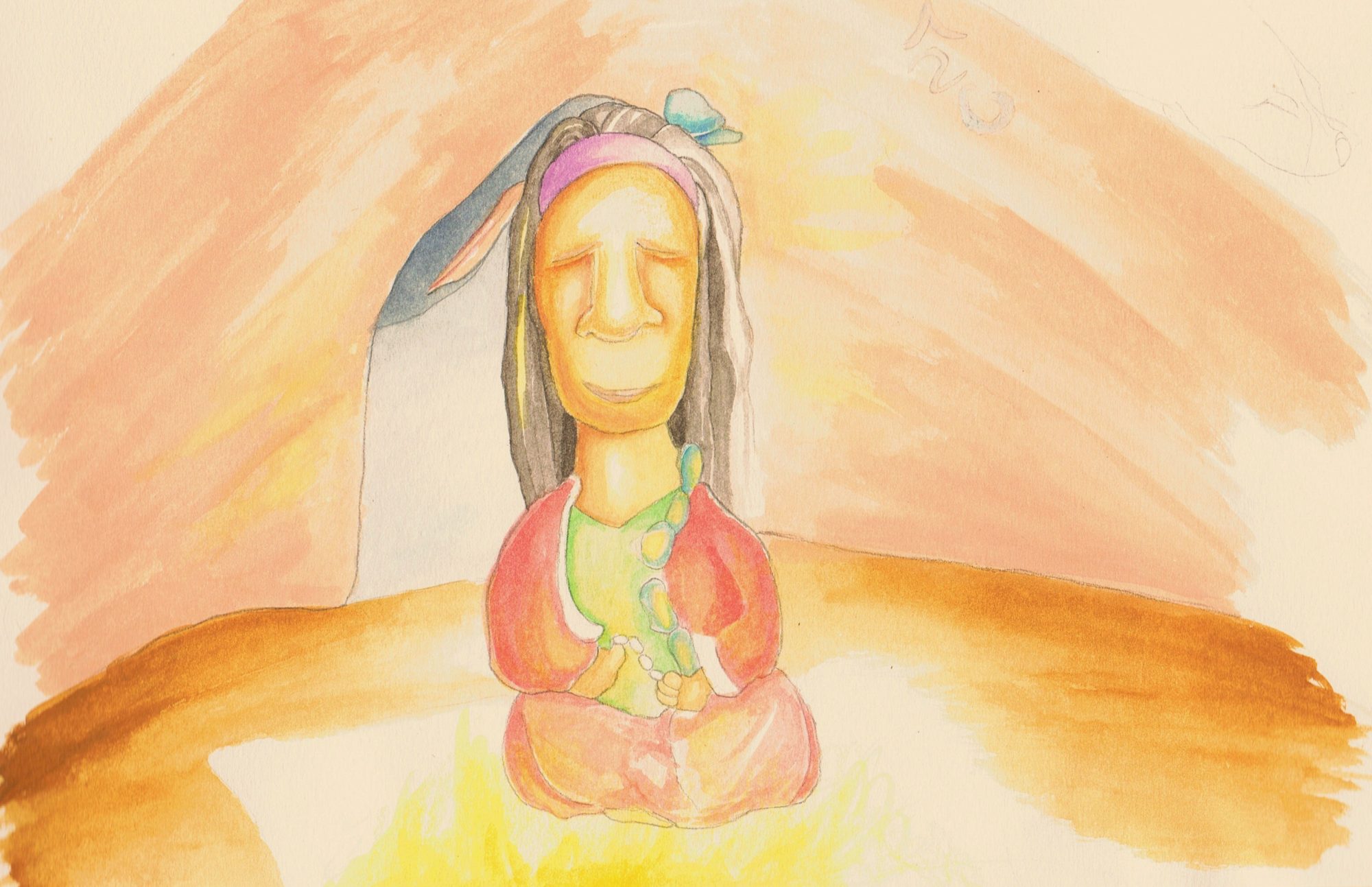A person is credible when they walk their talk and they talk their truth. When I walk my talk, I have authority, which I express as my truth. I express my truth as the reality of my beliefs about life.
I am credible when my reality aligns with everyone else’s perspective of what is true & real. Credibility, authority & status are bestowed upon people who appear to realise their truth.
When my actions do not align with my words, I lack credibility. When I lack credibility, other people do not have confidence in my authority or my truth. The truth of my path authorises my credibility and allows the confidence of others people.
My reality is a choice, which may or may not be credible from the perspective of other people, even though it may be incredible from my own perspective. An incredible experience of life is my ideal choice. A very much un-incredible experience of life is the expected norm.
Credibility is essential to other people accepting me as normal. When other people find my behaviour to be acceptable & reasonably normal, they see no problem with me. They see dementia as a problem because their is no credibility.
Credibility is lost when I do not act in a normally acceptable way. Other people expect me to be normal and behave normally, so as to be credible. Unless that is, I am a member of the aristocracy when dementia is seen as just being eccentric by the lower classes. Somehow, with eccentricity we retain credibility, whereas with dementia we lose it.
When people are commonly unable to act in a credible way, their normality comes into question. The norm is what is normally acceptable by normal people. It is a stereotype of common people. Any deviation from the accepted norm is commonly seen to be a problem and dementia is fast becoming a common problem, especially in old age.
Incredibility is not seen to be a problem as it appears to be a true reflection of who we really are. Any incredible feats are acknowledged & praised as outstanding and above the norm, which is acceptable. Incredible acts of kindness are deemed most acceptable.
Dementia lacks credibility because it is not a true reflection of who we really are. I am who I really am when I am choosing my own reality. Not being a true reflection of who I really am is a true description of dementia.
When caring for someone with dementia, it is good to bear in mind that they are not being a true expression of who they really are. In this way, it is potentially possible to reconnect them to the essence of who they really are.
We are essentially all credible human beings, although our credibility is only qualified when we are living a life of purpose in alignment with our chosen vision. Living a purposeful life, faithfully following a fulfilling vision is the highest expression of being credible. This is our incredible experience of life with an inner credibility, which aligns with our personal intuitive & insightful inner guidance.
Dementia is the loss of intuitive, insightful, inner guidance. The problem is that if I have never been aware of my intuitive, insightful inner guidance, I will not be aware that I have lost it. Without the awareness of insight & intuition, we still make insightful & intuitive choices without awareness of them being insightful & intuitive.
My intuitive choices always feel good when I know they are right for me and I know they are right for me because they feel good for me. I may not be aware that my choice is intuitive, I may just know that it feels right. When things just feel right and make me feel good, I choose them without any intellectual reasoning. I choose intuitive thoughts without thinking about them or giving them a second thought.
Dementia is experienced as a loss of memory, which affects the ability of rational intellectual reasoning to make a conscious beneficially credible choice. It is also a loss of intuitive insight, which affects the ability to choose what is certainly known to be beneficial, good & right for ourself. We may believe that we cannot lose what we have never had; however what many people have never had is an awareness of their intuition, even though they have regularly made intuitive choices.
We sub-consciously make intuitive choices all of the time when we know and feel them to be good or right without giving them a second thought. They are called healthy habits or good routines. A second thought is the time I spend thinking about a rational choice when I have overridden my intuitive first choice.
Many people, who lack the intellectual authority to make informed choices, still have the credibility of their own intuition. Intuition is always credible because it is always certainly true. When I am not certain of my choice, it is not an intuitive choice. Intuition is certainly true, even when I challenge the certainty and the truth of my intuition.
When all of my life, I have depended on the authority of someone else’s reasonable intellect, often overriding my own intuitive insight; then I am in danger of losing my own intuitive connection through a condition that is diagnosed as dementia.
Dementia is the diagnosis that results from my loss of authority, my loss of confidence and my loss of credibility that is the effect of my inability to make any intelligent choices for myself either rationally & intellectually or emotionally & intuitively.
